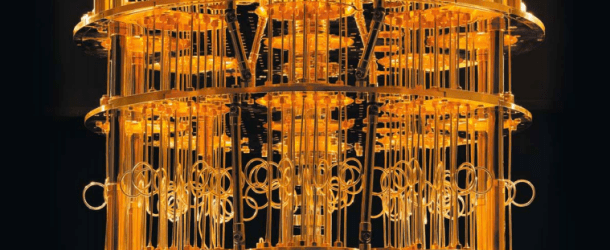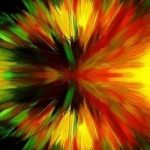How to build a fault-tolerant quantum computer

(SpectrumIEEE) Charles Q. Choi, science reporter, recently covered the University of Innsbruck’s development of a quantum computer that can perform universal operations in a fault-tolerant manner and secondly discusses the significance of the experiment. IQT-News summarizes.
In the new study, the researchers experimented with a quantum computer featuring 16 physical qubits, each consisting of an electrically trapped calcium ion. The quantum information was stored in two logical qubits, each spread over seven physical qubits. These logical qubits were connected by what’s called a transversal logical CNOT gate, which linked each physical qubit in one logical qubit with its counterpart physical qubit in the other logical qubit. The researchers also used two auxiliary qubits in a “T gate,” which helped monitor for errors.
The kind of auxiliary qubits the researchers employed are called “flag qubits.” These qubits focus on detecting events where minor errors can grow to major uncorrectable errors. In theory, flag qubits should reduce the number of auxiliary qubits needed in fault-tolerant quantum computers, says study lead author Lukas Postler, a quantum physicist at the University of Innsbruck, in Austria.
“I think the most exciting aspect of this work is that we see an improvement in the quality of fault-tolerant logical operations compared to their non-fault-tolerant counterparts, despite the higher complexity of the circuits,” Postler says. Such findings may help pave the way for fault-tolerant universal quantum computers, the researchers note.
Choi explains why this is important: There’s a lot of engineering and tech needed to turn that “theoretically” into a working quantum device that actually begins to deliver on that promise. For starters, quantum computers have to be able to overcome their own fragility to errors. But now, in the new study, researchers have successfully developed a technique for performing any possible quantum computation in what’s called a “fault-tolerant” manner.
https://spectrum.ieee.org/fault-tolerant-quantum-computing-milestone
Sandra K. Helsel, Ph.D. has been researching and reporting on frontier technologies since 1990. She has her Ph.D. from the University of Arizona.





















